The diplomatic boycotts of Beijing 2022 bring forth the discourse on the politicisation of sport throughout Olympic history, and what it means today.
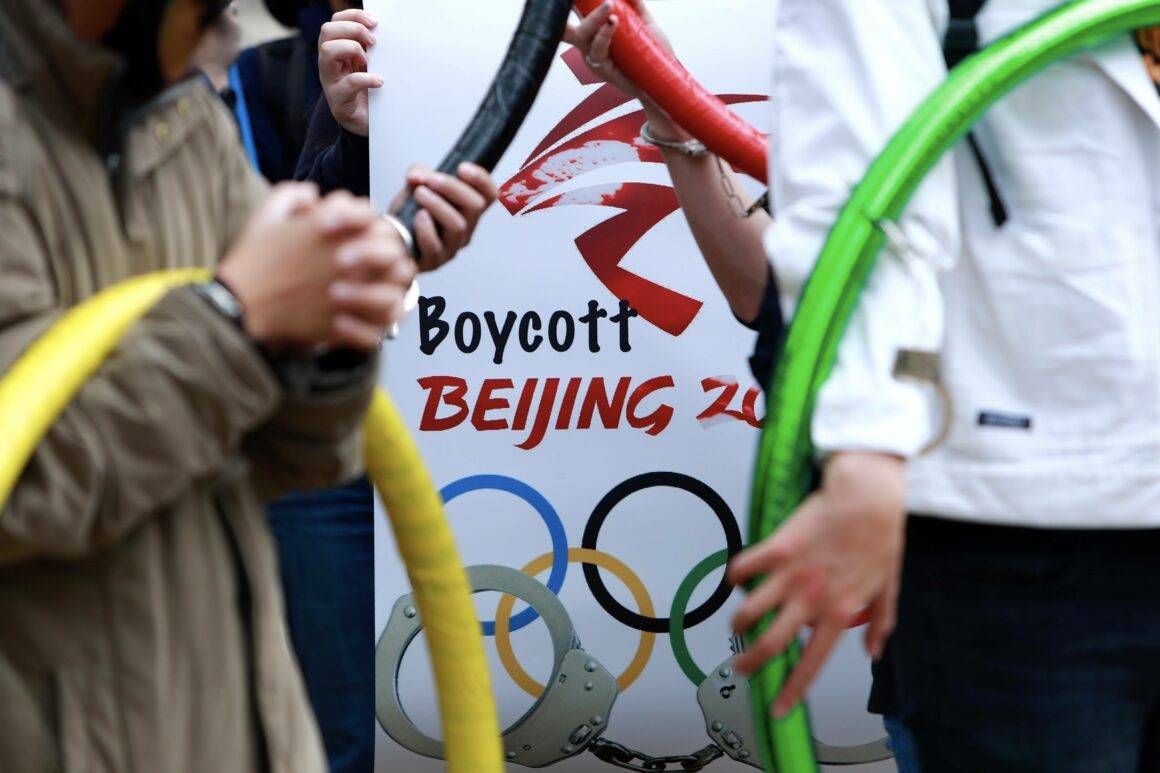
Politicising Sports: The debate surrounding Olympic boycotts.
Sports and politics have always been intertwined. “Athlete as activist” comes in many forms, but it is also the ties between sport nationalities and the countries’ geopolitics which have politicised sports throughout history. In a sort of catch22, politicising sports is messy, but failing to do so is like turning a blind eye.
Even with no boycotts, Jesse Owen’s four gold medals won in the 1936 Berlin Olympics were as political as they were phenomenal, with the looming chill of white supremacist Nazi Germany as the backdrop. In 1976, around 30 mostly-African countries boycotted the Montreal Olympics after they allowed New Zealand to continue in their participation after its rugby team toured Apartheid South Africa. The Olympics also served as significant timestamps in Cold War legacy during the infamous 1980 Moscow Olympics which saw just over 60 countries, led by the U.S., boycotting entirely in protest of the Soviet invasion of Afghanistan; shortly followed by the 1984 Los Angeles Olympics with 18 boycotts led by the Soviet Union.
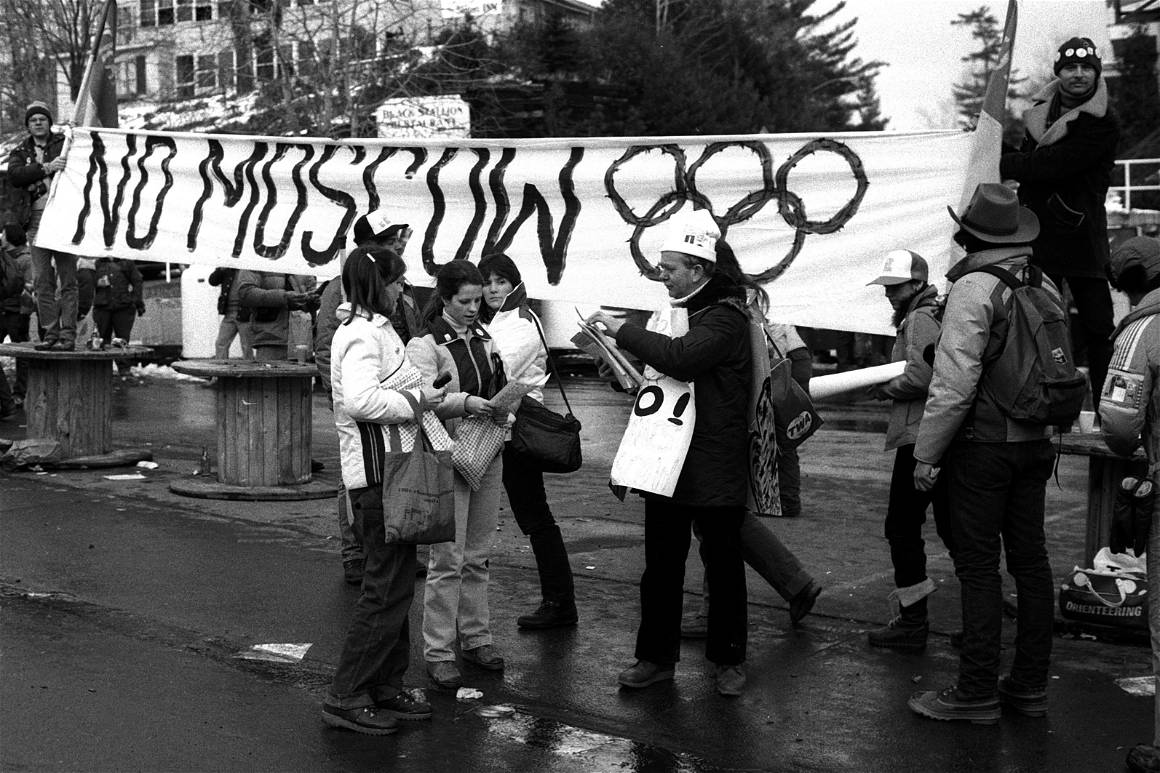
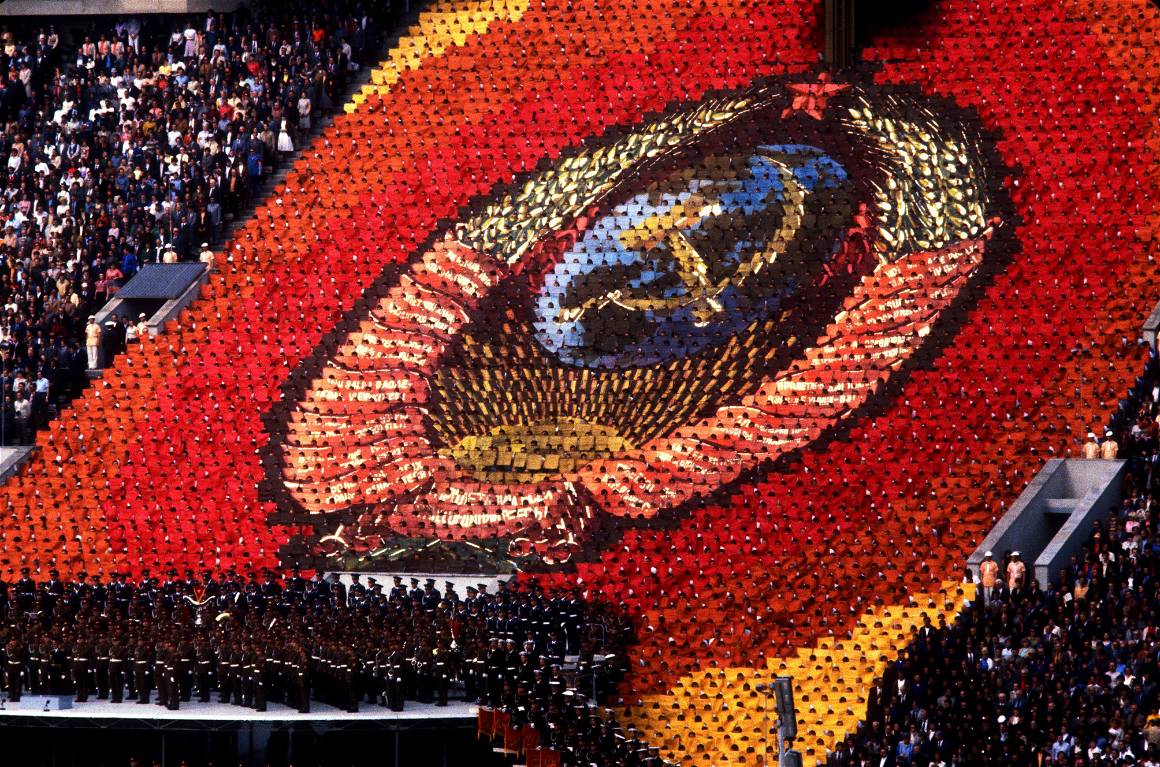
Political undertones in sport have become more difficult to ignore in the past year: from athletes across the spectrum protesting, taking the knee or wearing rainbow, to Algeria’s national football team raising the Palestine flag after winning the Arab Cup, or Afghan athletes being evacuated from Taliban control to participate in the Tokyo Paralympics. The Women’s Tennis Association also recently suspended tournaments in China in light of the controversy over the treatment and whereabouts of Chinese player, Peng Shuai, after she publicly accused a government official of sexual harassment via her social media.
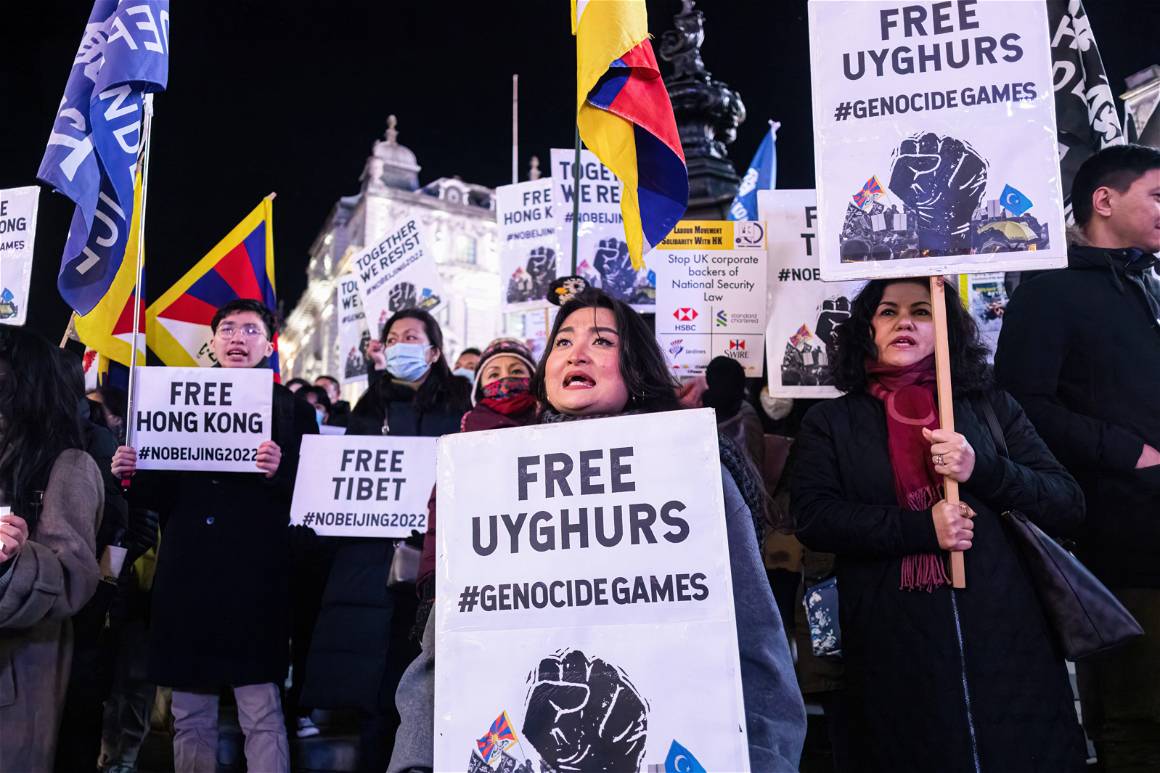
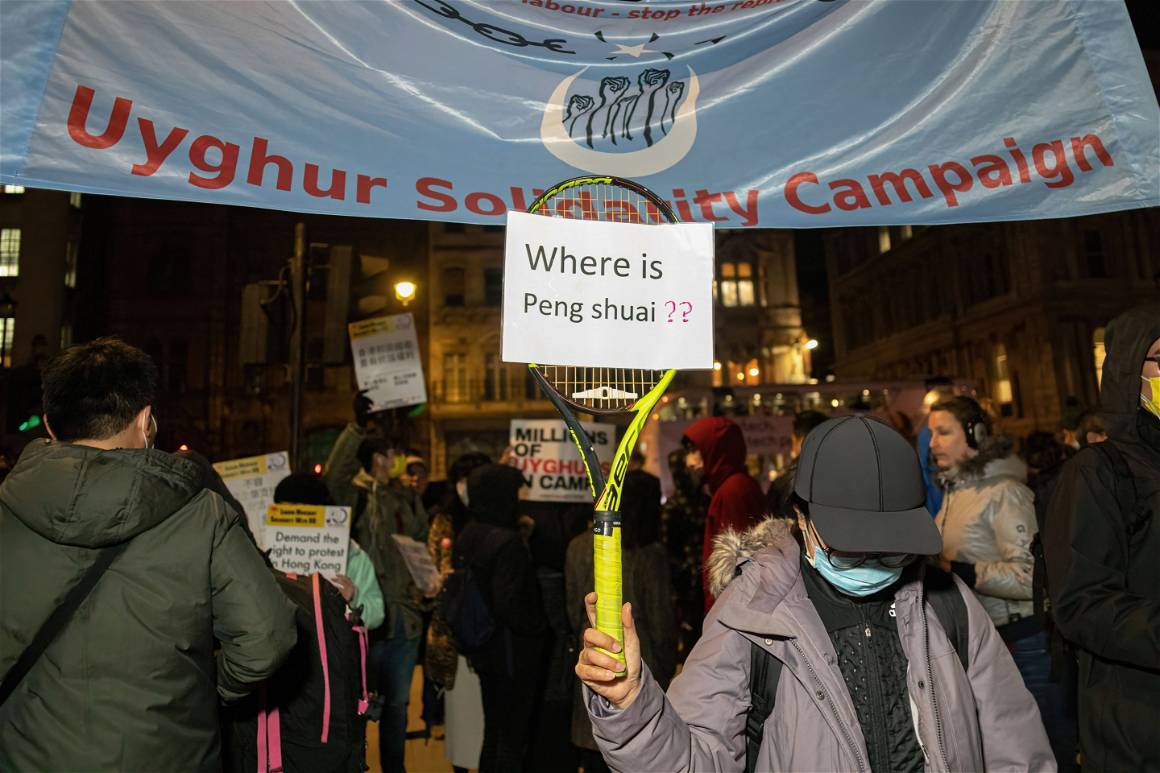
‘Together for a shared future’ is the official motto for the Beijing 2022 Winter Olympics, and the irony is almost palpable. The diplomatic boycotts from several countries including Germany, Austria, Belgium, Denmark, The United Kingdom, Canada, The United States, Australia, Lithuania and Japan, are continuing the politicisation of sports in a sort of contradiction to the catchy slogan championing unity and a shared future. “U.S. diplomatic or official representation would treat these Games as business as usual in the face of the PRC’s (People’s Republic of China) egregious human rights abuses and atrocities in Xinjiang. And we simply can’t do that,” said White House secretary Jen Psaki at a press briefing on the need for taking a stance through these diplomatic boycotts.
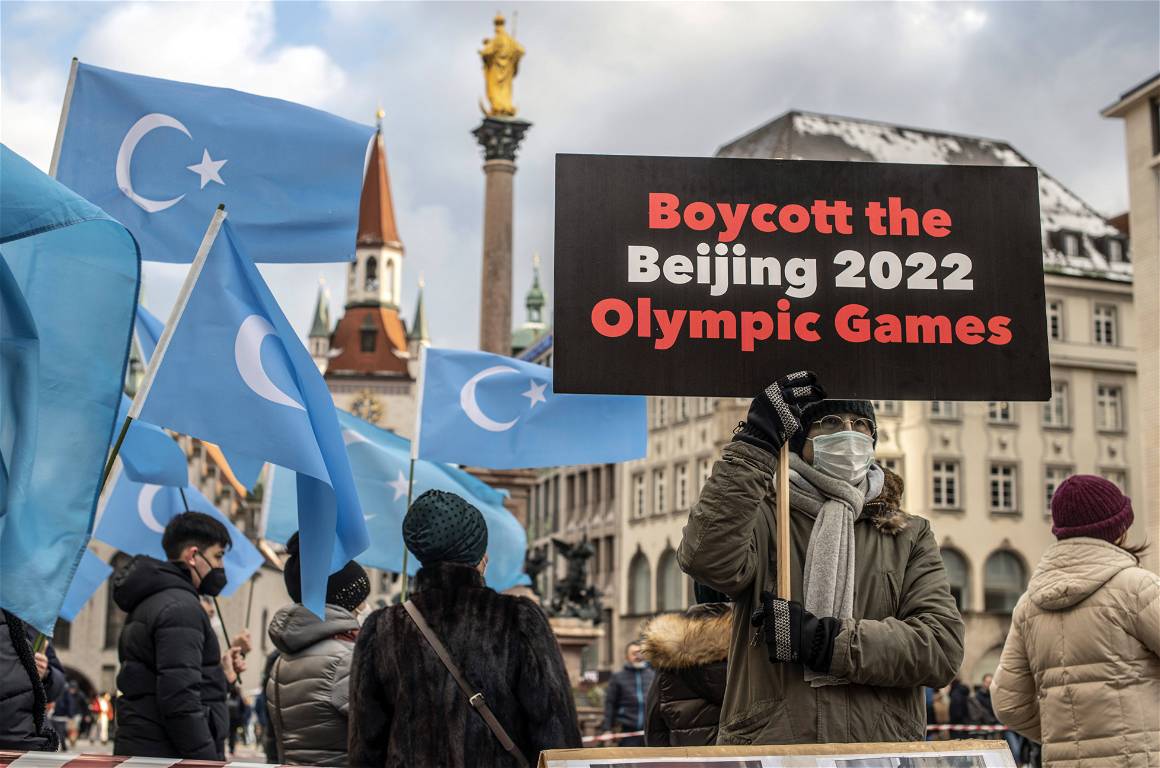
Human rights violations against the Uyghur Muslims in Xinjiang – around one million of which have been subject to abuses in ‘re-education camps’ in what many call an active genocide – are just one of the boycotts’ driving factors. China’s denial of these violations but also the crackdown in Hong Kong, Taiwan and the Peng Shuai debacle are also fueling the movement. The Tibetan, Uyghur, Southern Mongolian, Hong Kong, and Taiwanese coalition making up the #NoBeijing2022 campaign have voiced that they welcome the diplomatic boycotts, but some call for athletes to also shun the games in order to strengthen the impact.
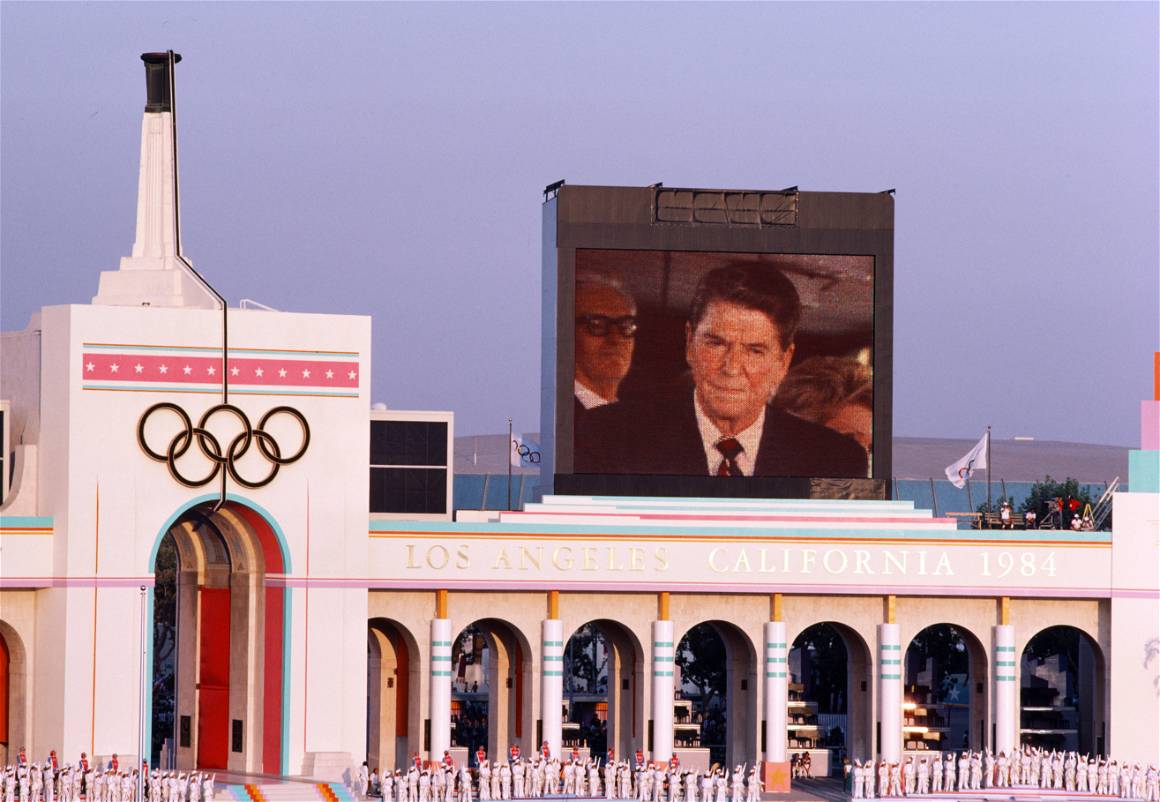
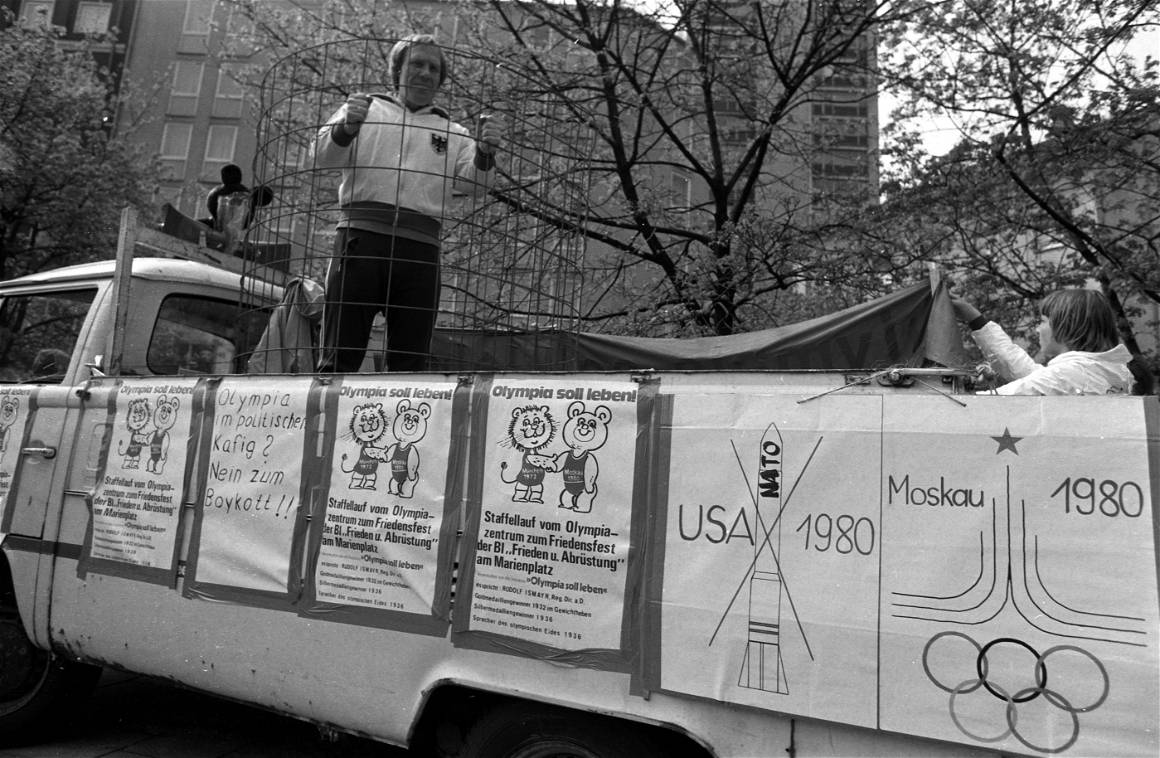
Diplomatic boycotts result in countries not sending a delegation of officials, politicians and diplomats to attend – including presidents and prime ministers. The Olympics being some of the largest gatherings for such officials outside of the United Nations and other major summits, these vetoes are a symbolic slap on the wrist. Different from the 1980 Moscow Olympic boycotts, which arguably caused the most suffering for the athletes who could not compete, the Beijing boycotts aim to place immense pressure on General Secretary Xi Jinping. After calls for diplomatic boycotts at the 2008 Beijing Olympics were dismissed and President Bush attended the Games himself, activists such as Sherap Therchin of the Canada Tibet Committee, openly voiced that the lack of boycotts acted as “encouragement” for China’s oppressive control over Tibet.
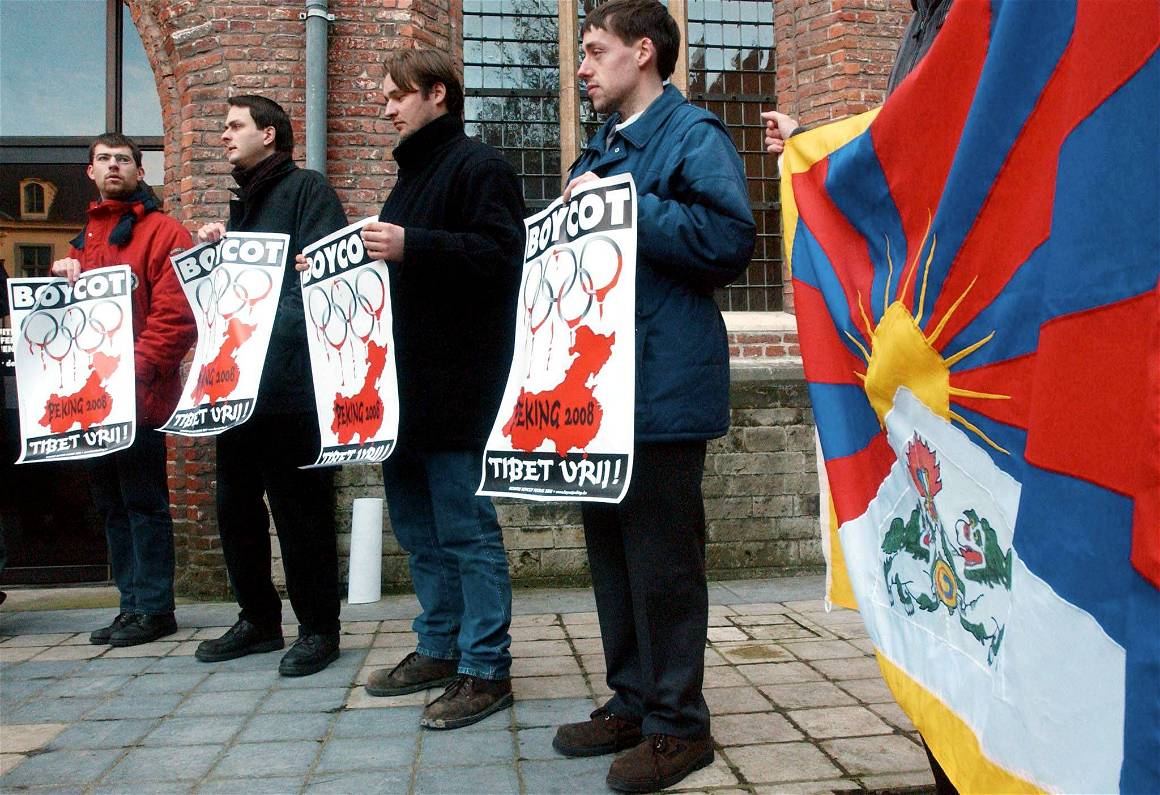
Now the world is watching with the diplomatic boycotts of Beijing 2022, which have noticeably ruffled Jinping’s feathers. But is fighting fire with fire a solution? It could put pressure on China, or it may catalyse more geopolitical tension and be used for increased censorship in Chinese media. The Chinese social media platform Weibo, for example, has already censored the search topic, “US diplomatic boycott of Beijing Winter Olympics.” Boston Celtics basketball player Enes Kanter’s name has also recently been removed from Weibo after he expressed solidarity with the Free Tibet movement and criticized Xi Jinping. Chinese tennis star, Peng Shuai was also suspected to have been completely removed from social media. A backfire like in the 1984 Los Angeles Summer Olympics is also possible, after talks of China boycotting the Los Angeles 2028 Olympics recently surfaced.
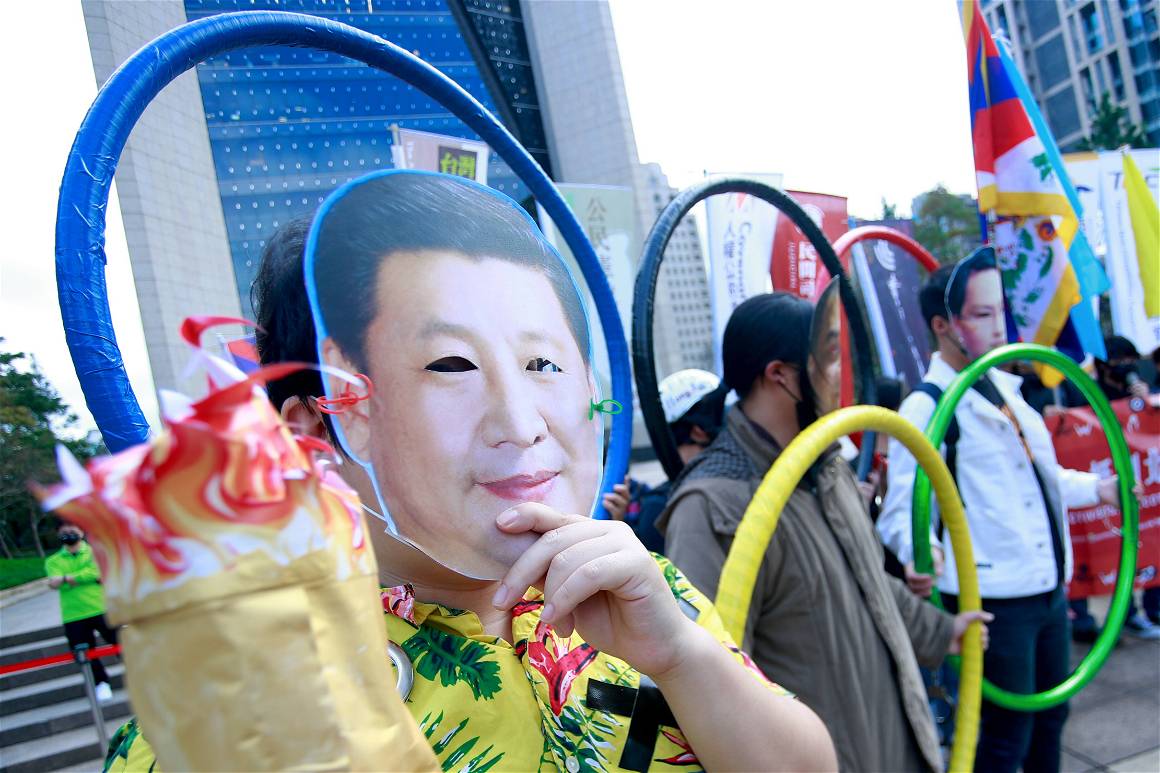
Foreign media could also be apprehensive of attending the Games, both due to the intense Covid restrictions and concerns surrounding press-freedom. As US State Department spokesperson Ned Price said in a press briefing about Beijing 2022: “We urge PRC officials not to limit freedom of movement and access for journalists and to ensure that they remain safe and able to report freely.” The Washington Post also recently reported that some journalists will be using ‘burner’ phones and computers while covering the games out of fear of being monitored by the government. Imago’s very own Sammy Minkoff who photographed 19 Olympic Games but has decided to stay home this time around, said in an interview that, “I would support a boycott of the Games in Beijing,” adding that the strict Covid measures helped make the decision not to attend.
World Athletics President Sebastian Coe has expressed that a diplomatic boycott does not accomplish much for improving policies within countries. Looking back at the 1980 Moscow boycotts for example, Soviet troops were not withdrawn from Afghanistan until 1989. In 2014, Barack Obama, Michelle Obama, and Joseph Biden skipped the Sochi Winter Olympics, with France and Germany not sending top-ranking officials as a statement against Russia’s oppression of gay rights. In 2018, countries like The UK, Iceland and Australia exercised diplomatic boycotts during the World Cup hosted by Russia after the Salisbury Novichok poisoning. Since then, not only has Russia all but eased up on gay rights, the poisoning and imprisonment of opposition leader Alexy Navalny this past year suggests that the boycotts may have done little or nothing in a bid to curb Vladimir Putin’s agendas. It must also be mentioned that the 1976 Montreal boycotts along with others carried out in the 70’s and 80’s however, arguably did induce change in the fight against South Africa’s Apartheid.
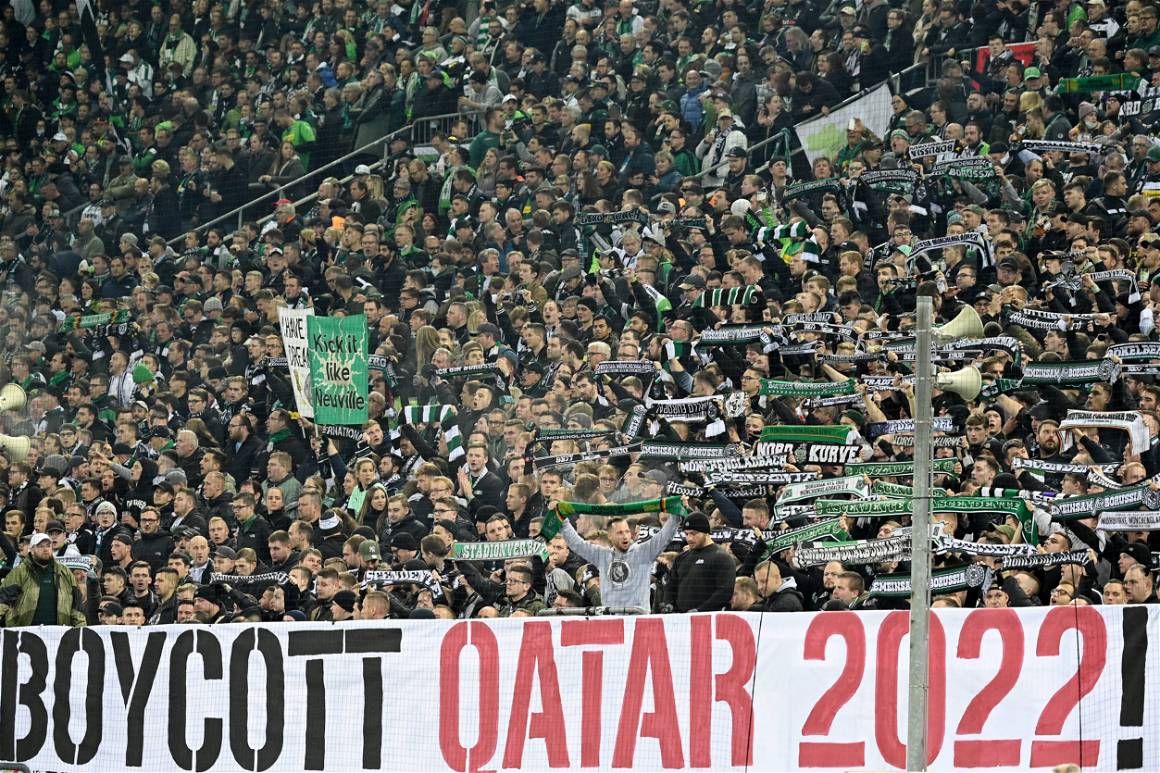
Next year’s World Cup in Qatar has also been subject to controversy with concerns surrounding human rights violations, anti-gay laws and in the labor conditions for those working on the stadiums.
The 1936 approach is an interesting way to go: no boycotts, let the sport speak for itself. Jesse Owens and the other black athletes competing and winning in Germany might have had as much of an influence as a boycott would have. Regardless, the question remains whether this would have played an impact on the course of fascism in Europe. With today’s climate however, opting out of a boycott is seen as a form of complacency.
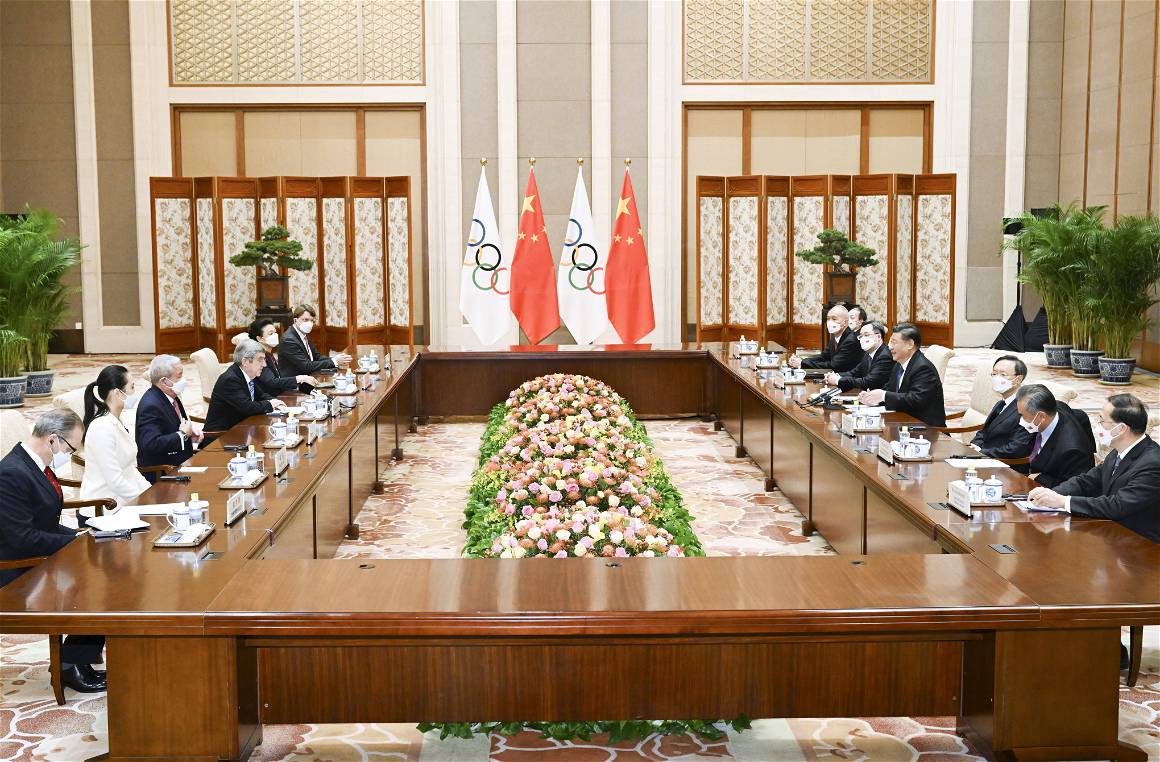
Sport being political by nature, diplomatic boycotts are strategically a symbolic gesture for the sake of human rights, all the while allowing athletes to still realise their accomplishments. While athletes of boycott-countries will still participate as planned in Beijing, they might still carry the burden of representing their country’s political stances. Especially because the International Olympic Committee’s Rule 50 restricts Olympians from political protests or statements during the competition, diplomatic boycotts might be a smooth easy-medium.
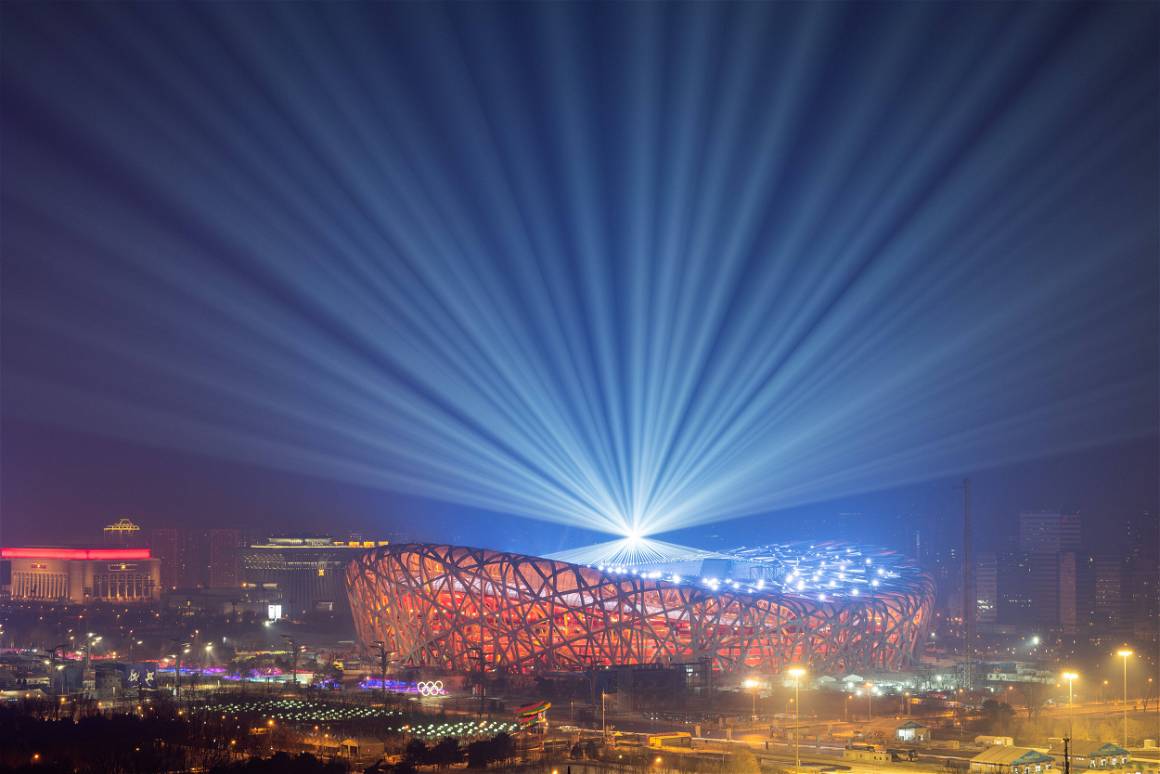
Words and images by Columnist, Sofia Bergmann as part of our Winter Olympic Games series. Previous articles include Archive Highlights and an Interview with Olympic Photographer, Sammy Minkoff.


